Filter by

Loud and Proud Passion and politics in the English Defence League
The book uses interviews, informal conversations and extended observation at EDL events to critically reflect on the gap between the movement's public image and activists' own understandings of it. It details how activists construct the EDL, and themselves, as 'not racist, not violent, just no longer silent' inter alia through the exclusion of Muslims as a possible object of racism on the groun…
- Edition
- -
- ISBN/ISSN
- 9781526114013
- Collation
- -
- Series Title
- -
- Call Number
- -
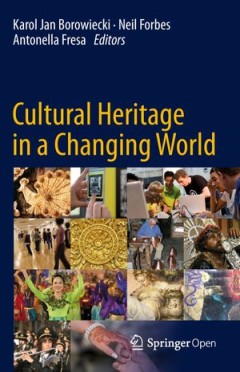
Cultural Heritage in a Changing World
Cultural Heritage; Cultural Economics; Cultural Studies; Archaeology; Information Storage and Retrieval; Information Systems Applications (incl. Internet)
- Edition
- -
- ISBN/ISSN
- 9783319295428
- Collation
- -
- Series Title
- -
- Call Number
- 301 BOR c
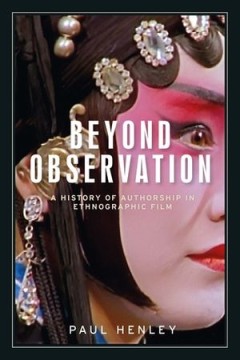
Beyond observation A history of authorship in ethnographic film
Beyond Observation is structured by the argument that the 'ethnographicness' of a film should not be determined by the fact that it is about an exotic culture - the popular view - nor because it has apparently not been authored - a long-standing academic view - but rather because it adheres to the norms of ethnographic practice more generally. On these grounds, the book covers a large number of…
- Edition
- -
- ISBN/ISSN
- 9781526147295
- Collation
- -
- Series Title
- -
- Call Number
- -
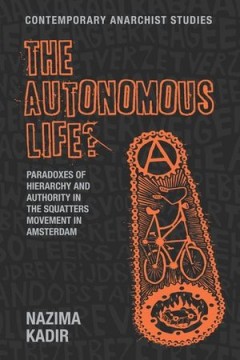
The autonomous life? Paradoxes of hierarchy and authority in the squatters m…
This book is an ethnographic study of the internal dynamics of a subcultural community that defines itself as a social movement. While the majority of scholarly studies on this movement focus on its official face, on its front stage, this book concerns itself with the ideological and practical paradoxes at work within the micro-social dynamics of the backstage, an area that has so far been negl…
- Edition
- -
- ISBN/ISSN
- 9781784997564
- Collation
- -
- Series Title
- -
- Call Number
- -
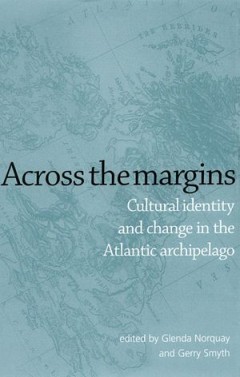
Across the margins Cultural identity and change in the Atlantic archipelago
Across the margins offers a comparative, theoretically informed analysis of the cultural formation of the Atlantic Archipelago. In its overall conception and in specific contributions (including an introductory essay), this collection demonstrates the benefits of working across the disciplines of history, geography, literature and cultural studies, but also presents new configurations of cultur…
- Edition
- -
- ISBN/ISSN
- 9780719057496
- Collation
- -
- Series Title
- -
- Call Number
- -
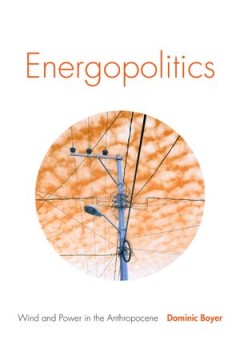
Energopolitics Wind and Power in the Anthropocene
Between 2009 and 2013 Cymene Howe and Dominic Boyer conducted fieldwork in Mexico's Isthmus of Tehuantepec to examine the political, social, and ecological dimensions of moving from fossil fuels to wind power. Their work manifested itself as a new ethnographic form: the duograph—a combination of two single-authored books that draw on shared fieldsites, archives, and encounters that can be pro…
- Edition
- -
- ISBN/ISSN
- 9781478003137
- Collation
- -
- Series Title
- -
- Call Number
- -
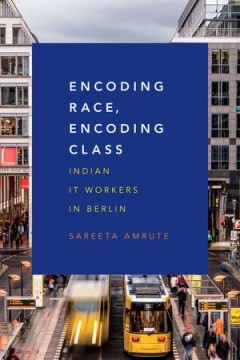
Encoding Race, Encoding Class Indian IT Workers in Berlin
In Encoding Race, Encoding Class Sareeta Amrute explores the work and private lives of highly skilled Indian IT coders in Berlin to reveal the oft-obscured realities of the embodied, raced, and classed nature of cognitive labor. In addition to conducting fieldwork and interviews in IT offices as well as analyzing political cartoons, advertisements, and reports on white-collar work, Amrute spent…
- Edition
- -
- ISBN/ISSN
- 9781478091875
- Collation
- -
- Series Title
- -
- Call Number
- -
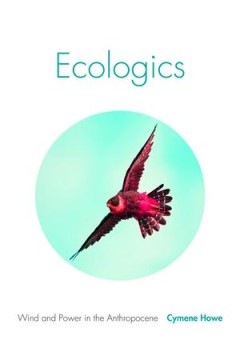
Ecologics Wind and Power in the Anthropocene
Between 2009 and 2013 Cymene Howe and Dominic Boyer conducted fieldwork in Mexico's Isthmus of Tehuantepec to examine the political, social, and ecological dimensions of moving from fossil fuels to wind power. Their work manifested itself as a new ethnographic form: the duograph—a combination of two single-authored books that draw on shared fieldsites, archives, and encounters that can be pro…
- Edition
- -
- ISBN/ISSN
- 9781478003199
- Collation
- -
- Series Title
- -
- Call Number
- -
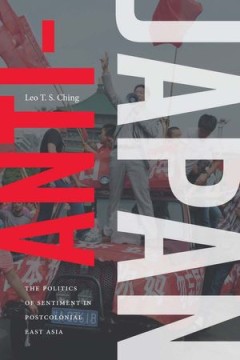
Anti-Japan The Politics of Sentiment in Postcolonial East Asia
Although the Japanese empire rapidly dissolved following the end of World War II, the memories, mourning, and trauma of the nation's imperial exploits continue to haunt Korea, China, and Taiwan. In Anti-Japan Leo T. S. Ching traces the complex dynamics that shape persisting negative attitudes toward Japan throughout East Asia. Drawing on a mix of literature, film, testimonies, and popular cultu…
- Edition
- -
- ISBN/ISSN
- 9781478001881
- Collation
- -
- Series Title
- -
- Call Number
- -
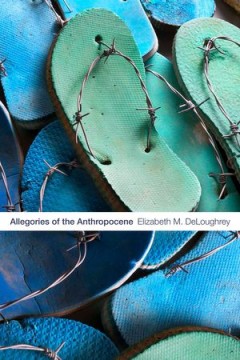
Allegories of the Anthropocene
In Allegories of the Anthropocene Elizabeth M. DeLoughrey traces how indigenous and postcolonial peoples in the Caribbean and Pacific Islands grapple with the enormity of colonialism and anthropogenic climate change through art, poetry, and literature. In these works, authors and artists use allegory as a means to understand the multiscalar complexities of the Anthropocene and to critique the v…
- Edition
- -
- ISBN/ISSN
- 9781478004103
- Collation
- -
- Series Title
- -
- Call Number
- -
 Computer Science, Information & General Works
Computer Science, Information & General Works  Philosophy & Psychology
Philosophy & Psychology  Religion
Religion  Social Sciences
Social Sciences  Language
Language  Pure Science
Pure Science  Applied Sciences
Applied Sciences  Art & Recreation
Art & Recreation  Literature
Literature  History & Geography
History & Geography